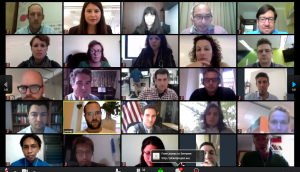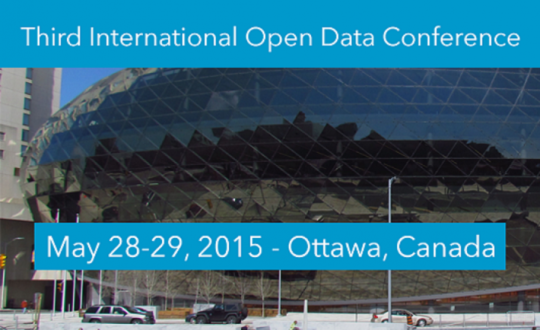This post was written by Maria Hermosilla and Julia Root and originally appeared on The GovLab’s blog.

On September 24th, The GovLab held its third online global conference on #CrowdLaw. Practitioners from 16 countries discussed the challenges and lessons learned when crowdsourcing legislation and constitutions. The session including lightning talks by practitioners with projects from Austria, Brazil, Chile, Finland, United States, Morocco, Libya and Spain and then a broader group discussion on three themes:
- Outreach strategies
- Designing to overcome barriers; and
- Measuring impact.
The goal of the conference was to deepen our collective understanding of what works, what doesn’t, how to assess impact, and accelerate the implementation of more effective and legitimate participatory lawmaking practices.
The full video is available here. Featured speakers and projects included:
- PODEMOS, SPAIN – Victoria Alsina, visiting researcher at Harvard, is working with 5 leading politicians of the Spanish political party Podemos to research how they are using technology to increase citizen participation in politics from voting every four years to a more day to day basis. She discussed two tools: the Plaza Podemos, that is based on Reddit and is a place of contact and debate for their followers, organized by thematic and territorial circles. It is used regularly by 15,000 people. They also use Appgreefor massive brainstorm sessions and doing quick surveys and for approving proposals. They have had up to 60,000 participants voting on Appgree.
- NEOS, AUSTRIA – Josef Lentsch, Managing Director of Neos Lab and Karl-Arthur Arlamovsky from Austrian political party NEOS discussed the tools they are using to implement their vision of making politics more open and participatory. Thematic groups at a local, regional and national level composed by thousand of volunteer policy advisors draft policy proposals on “Policy Forge”, a customized collaborative drafting platform. Neos has a cockpit composed of tools such as a calendar, customer relation management system, wiki, meeting software, among others.
